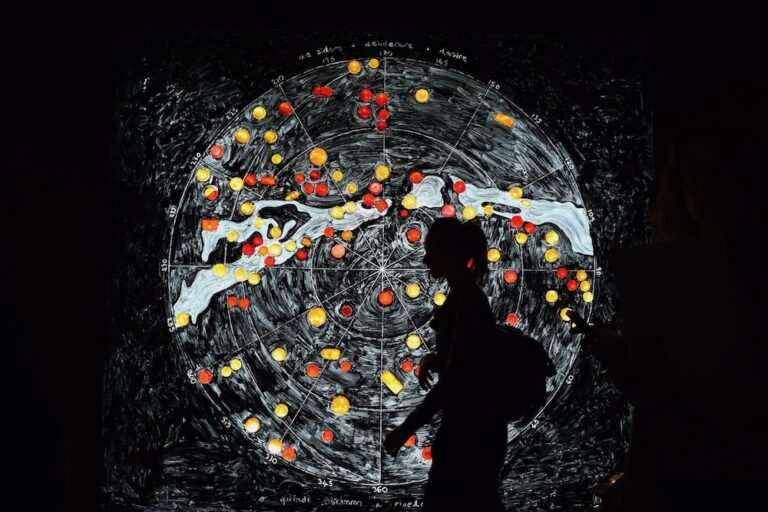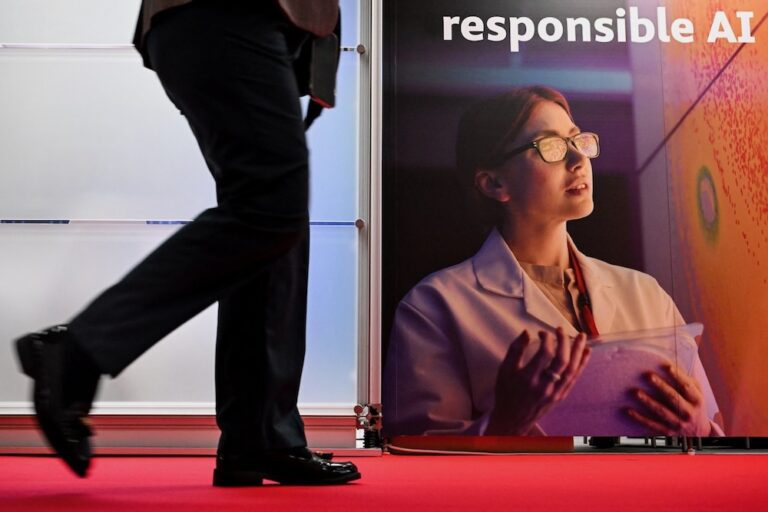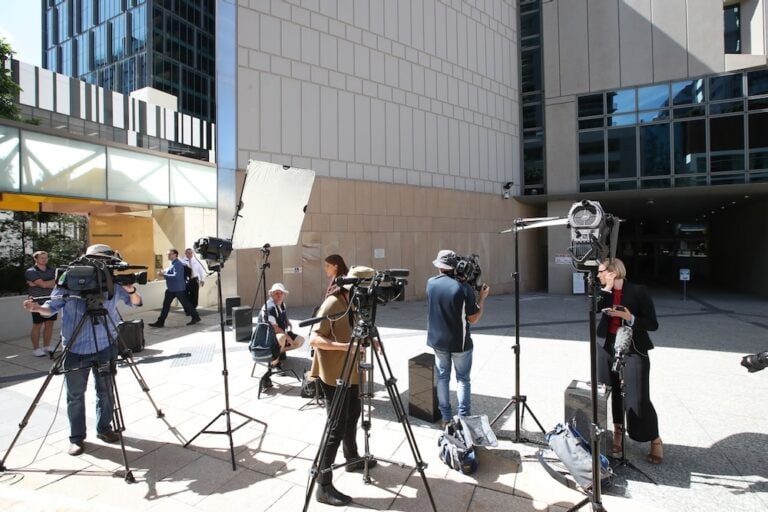The proposed measure seeks greater transparency and disclosure around the use of data and to prevent the theft of original works.
This statement was originally published on meaa.org on 10 October 2024.
The union representing media and creative workers is calling on the federal government to introduce a national AI Act to force greater transparency and disclosure around the use of data and to prevent theft of original works.
The Media, Entertainment & Arts Alliance has also backed the need for an independent AI regulator to oversee a new monitoring and enforcement regime amid mounting concern that the work of Australian journalists and creatives is being systematically scraped to train AI without their knowledge, consent, or compensation.
In its submission to the federal government’s proposals paper, Introducing mandatory guardrails for AI in high-risk settings, MEAA indicated its strong preference for Option 3 – an economy-wide AI Act – over “slower”, “piecemeal” alternatives.
MEAA CEO Erin Madeley said AI-specific legislation overseen by an independent regulator was required because of the increasing threats that Artificial Intelligence posed to media and creative workers and, importantly, public trust in journalism and cultural institutions.
“Australia must introduce an enforceable AI Act as a matter of urgency because we know that generative AI is already being used to steal the work of Australia’s artists, journalists, and creative workers,” said Ms Madeley.
“We have seen cases where performers’ voices have been reproduced without their consent or compensation, while First Nations artists have had their styles replicated in AI-generated copycat works, again without permission or disclosure to buyers in the marketplace.
“AI theft is unacceptable – it devalues original work, diminishes Australia’s unique culture, and is a serious threat to public trust in important institutions, such as the media.
“The risk that AI will amplify misinformation and disinformation campaigns is also very real, and MEAA is calling on the federal government to act now as several international jurisdictions, such as Canada and the European Union, have done.”
MEAA’s submission to the AI options paper, which was released by the Minister for Industry and Science Ed Husic last month, comes in the wake of its ongoing Stop AI Theft campaign.
A recent survey of MEAA members revealed that 75 percent were concerned about the theft of intellectual or creative work, 70 percent were concerned about the proliferation of deliberately harmful content, and two-thirds were concerned about the loss of human-led creativity. A further 59 percent were concerned about AI-related job losses.
Separately, MEAA journalist members have also raised concerns about the impact of generative AI for editorial and production in newsrooms on their ability to comply with the MEAA Journalist Code of Ethics.
“Australia is behind the eight ball on AI and the companies profiting from other people’s work are taking advantage of that right now,” Ms Madeley said.
“An enforceable AI Act, overseen by an independent regulator, is the comprehensive option we need right now to protect workers, preserve our stories, art, and culture, and provide a level playing field for all.
“MEAA is also dismayed by the recently reported comments by Meta boss Mark Zuckerberg that the creative work of our members tends to be overestimated – this is simply insulting, and we expect the vast majority of Australians to support us when we demand that tech giants pay for our members’ work.”



